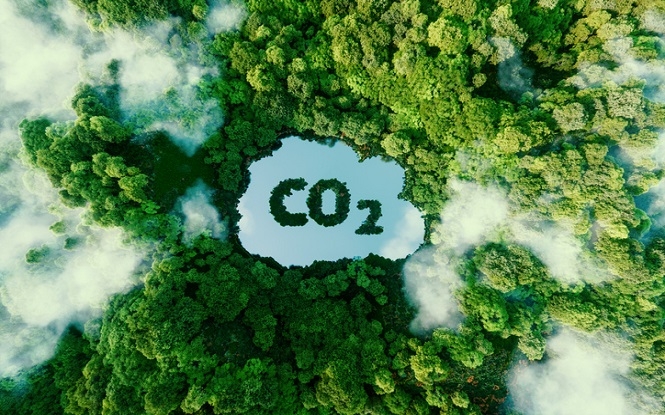The Consequences of a CO2 Leak
A CO2 (carbon dioxide) leak can have serious consequences, posing risks to both human health and the environment. Here's what happens if CO2 leaks:
Asphyxiation Hazard:
- CO2 is heavier than air, so in the event of a leak, it can accumulate in low-lying or enclosed spaces, displacing oxygen.
- As CO2 levels increase, the risk of oxygen deficiency in the bloodstream rises, potentially resulting in respiratory failure and death.
Health Impacts:
- It can exacerbate respiratory conditions such as asthma and chronic obstructive pulmonary disease (COPD), leading to breathing difficulties, chest tightness, and coughing.
- Carbon dioxide exposure can also cause headaches, drowsiness, and fatigue, impacting cognitive function and overall well-being.
Fire and Explosion Risks:
- While CO2 itself is not flammable, it can contribute to fire and explosion hazards indirectly. In oxygen-deficient environments caused by CO2 leaks, the risk of combustion for flammable materials increases.
- Additionally, CO2 can displace oxygen in fire suppression systems, affecting their effectiveness and potentially causing safety issues during firefighting efforts.
Environmental Impact:
- CO2 leaks contribute to environmental concerns, particularly in the context of climate change.
- In addition, CO2 dissolves in water to form carbonic acid, leading to ocean acidification, which can harm marine ecosystems and biodiversity.
Response to CO2 Leaks:
- Prompt detection and response to CO2 leaks are crucial for mitigating risks. This includes implementing gas detection systems in areas where CO2 is used or stored, conducting regular inspections and maintenance of equipment, and establishing emergency response protocols.
- Evacuation procedures should be in place in case of a CO2 leak, and individuals exposed to high CO2 concentrations should receive medical attention promptly.





Comments